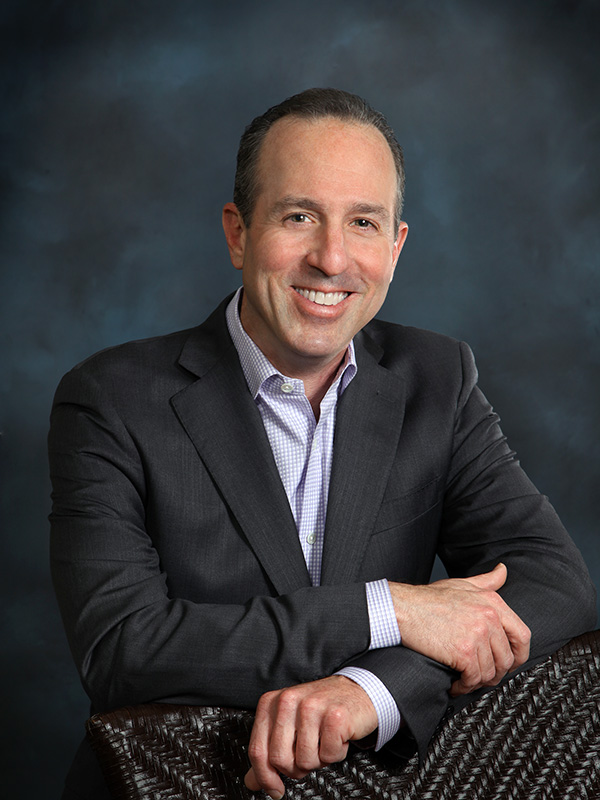Knee Articular Cartilage Injury Specialist

Are you experiencing pain and stiffness in you knees? If so, you may have an articular cartilage injury in your knees. Articular cartilage knee injuries develop over time and symptoms can increase as the condition progresses. Knee articular cartilage injury specialist, Dr. Mark Getelman provides diagnosis and both surgical and nonsurgical treatment options for patients in Los Angeles who have developed an articular cartilage injury. Contact Dr. Getelman’s team today!
An Articular Cartilage Injury in Los Angeles Fitness Enthusiasts
The knee is a highly complex joint that contains articular cartilage – the white substance that covers the ends of each bone where they come together to form the joint. Articular cartilage is extremely important to a healthy, mobile knee since it allows the bones in the joint to glide over each other with little friction. An articular cartilage injury must be addressed by a knee surgeon who is expert in arthroscopy, such as Dr. Mark Getelman, so the injury does not progress and cause extreme joint damage.
What is an Articular Cartilage Injury?
Articular cartilage is the firm, white, flexible tissue that covers the ends of each bone in the knee joint. The cartilage provides a smooth cushion when the knee moves, allowing the bones to move over each other in a fluid and pain-free motion.
Even though articular cartilage is quite tough, an articular cartilage injury can occur frequently in individuals involved in athletics. Untreated cartilage injuries can progress and result in arthritis. Osteoarthritis is defined by the progressive degeneration of cartilage.
Los Angeles Knee Surgeon Aimed at Treating Articular Cartilage Injuries
Any athlete or fitness enthusiast must contact a knee surgeon if they believe they sustained an articular cartilage injury. Repairing damaged tissue and preserving healthy tissue is very important to optimal knee health.
The majority of ideal candidates for an articular cartilage restoration procedure are young, active adults. Older, active adults may be candidates as well, and Dr. Getelman will evaluate the injury and may discuss many different treatment alternatives.
Many cartilage restoration procedures performed by knee surgeons are performed in a minimally invasive arthroscopic approach. Dr. Getelman specializes in several techniques, including:
- Chondroplasty– A popular surgical procedure designed to smooth damaged articular cartilage and lessen friction within the knee. Once the defects are removed or smoothed down, the surrounding healthy cartilage can provide better joint support.
- Microfracture– Designed for patients with a full thickness loss of cartilage, this procedure involves a tiny pick being used to make holes in the bony surface of the damaged cartilage. The small holes allow marrow and stem cells to flow out and form a blood clot over the cartilage defect. Over time, the blood clot will differentiate into a fibrocartilage layer that will cover and protect the damaged area.
- NeoCart- A investigational product currently. NeoCart transplant is produced from a patient’s own healthy cartilage cells. The cells are harvested from the end of the femur bone and then expanded and embedded in a special incubation environment to create cells capable of repairing damaged cartilage. The new cells are then shipped from the laboratory and implanted into the patient’s damaged knee.
- OATs procedures-
- Osteochondral autograft transfer- This procedure involves small plugs of bone and cartilage being harvested from the patient’s own knee and transferred to fill the articular cartilage damage.
- Osteochondral allograft transplantation- This procedure is recommended for larger lesions not amenable to autograft tissue and involves bone and cartilage plugs being harvested from donor femur and transplanted into the patient’s damaged knee joint to fill the articular cartilage defect.
- Autologous Chondrocyte Implantation (ACI) – This is a two-step procedure. The first step involves healthy cartilage cells being removed from a joint and sent to a laboratory so new cartilage cells can be grown. The second step involves the new cartilage cells being implanted in the articular cartilage defect.
For additional resources on diagnosing and treating an articular cartilage injury in the Los Angeles area, please contact the office of Dr. Mark Getelman, board certified knee surgeon.
